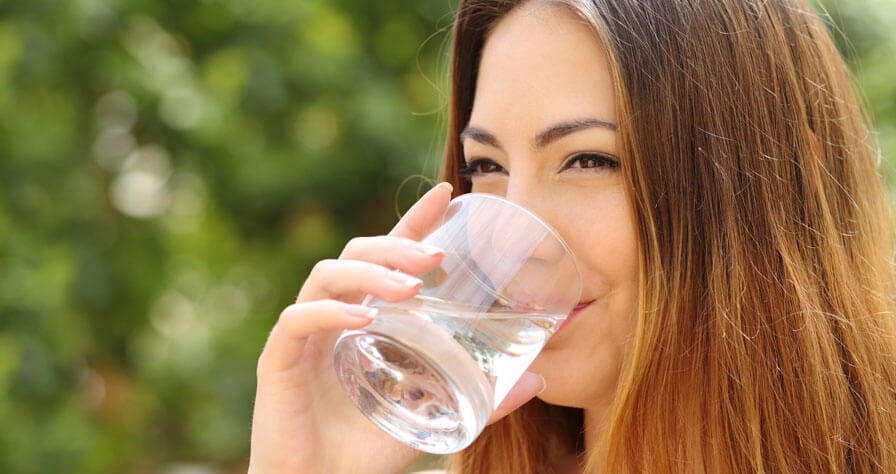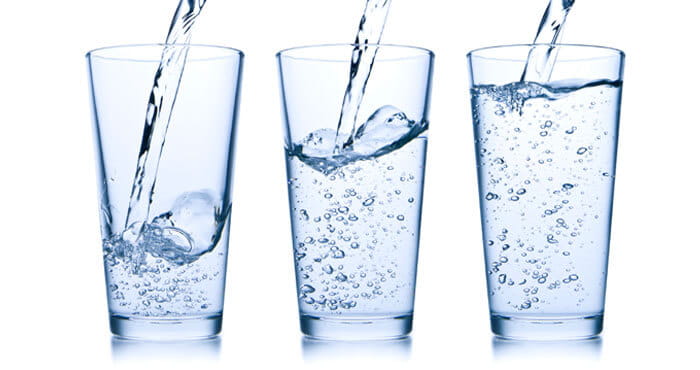How Much Water Should You Drink Everyday?
.jpg?rev=bc8c454fc52840fe9ced0229d90f1f49)
Water Intake Guide
The human body is between 50% and 60% water. That fact emphasizes the importance of consuming enough water. How much is “enough” varies based on age, gender, activity level, environment, and other factors, so it’s important to learn about and practice proper hydration.
An excellent place to start is determining how many glasses of water a day you need to feel good and prevent the symptoms of dehydration. They can occur with a hydration deficit of as little as 2% and include fatigue, confusion, short-term memory loss, and mood changes like depression and irritability. Long-term dehydration can lead to medical conditions like kidney stones, gallstones, constipation, and urinary tract infections.
Water Intake by Age
How much water should you consume a day? That varies by age and, in adults, by gender and status.
| Age or Status | Daily Adequate Intake |
|---|---|
| 1–3 years | 4 cups (32 oz) |
| 4–8 years | 5 cups (40 oz) |
| 9–13 years | 7–8 cups (56–64 oz) |
| 14–18 years | 8–11 cups (64–88 oz) |
| Men, 19+ years | 13 cups (104 oz) |
| Women, 19+ years | 9 cups (72 oz) |
| Pregnant Women | 10 cups (80 oz) |
| Breastfeeding Women | 13 cups (104 oz) |
When considering how many ounces of water a day meets your needs, remember that your activity level, environment, and other factors can affect how much you require.



